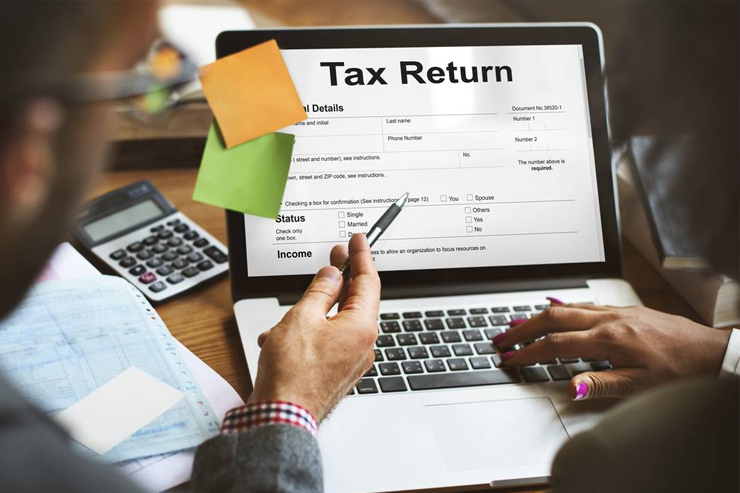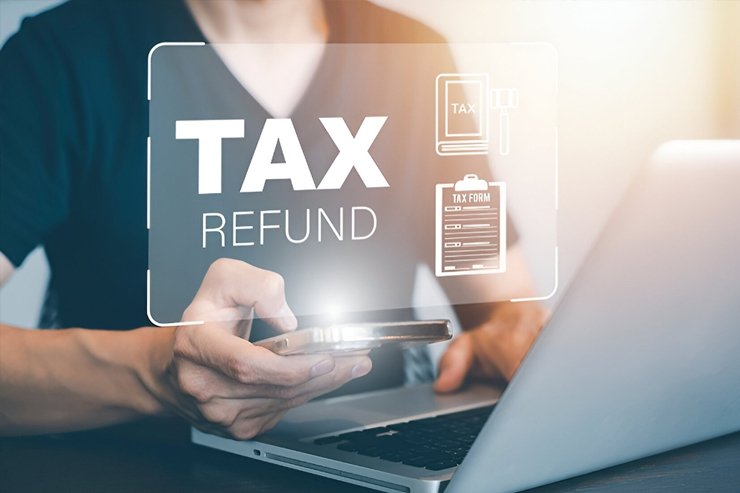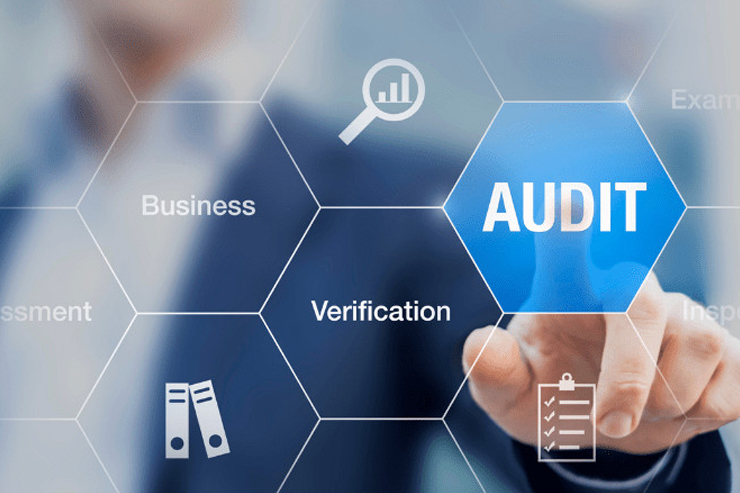Registrations
Who are Liable to register:
- Registration under GST is mandatory for all businesses whose annual turnover exceeds Rs 40 lakhs in a financial year. This threshold is Rs 20 lakhs for special category states such as Arunachal Pradesh, Assam, Meghalaya, Manipur, Mizoram, Nagaland, Sikkim, Tripura, Himachal Pradesh and Uttarakhand.
- Compulsory registration under GST is done through the GST Common Portal. It is a web-based platform allowing businesses to register and file their tax returns. Companies can also use the portal to track their GST payments and check their refunds.

Returns

- GSTR-1: Filed for disclosing details of outward supplies, essentially the sales.
- GSTR-3B: A summarised return that outlines both sales and purchases, inclusive of tax payments.
- GSTR-4: Applicable to those under the Composition Scheme, summarizing turnover and corresponding tax.
- GSTR-5: For non-resident taxpayers conducting taxable transactions in India.
- GSTR-5A: For providers of online information and database access or retrieval services.
- GSTR-6: Used by Input Service Distributors for detailing input tax credit distribution.
- GSTR-7: For entities required to deduct TDS under GST.
- GSTR-8: To be filed by e-commerce operators reporting transactions on their platform.
- GSTR-9: An annual comprehensive return summarizing all periodical filings over the fiscal year.
- GSTR-10: The final return upon cancellation or surrender of GST registration.
- GSTR-11: For those with a Unique Identity Number, claiming refunds on their purchases.
- CMP-08: A quarterly statement for Composition Scheme taxpayers detailing tax liability.
- ITC-04: For manufacturers to declare details about goods dispatched to and received from a job worker.
Additionally, there are return-related statements for input tax credits:
- GSTR-2A (dynamic): Offers a real-time perspective of inward supplies as suppliers report.
- GSTR-2B (static): Provides a fixed snapshot of inward supplies based on the suppliers' filings.
Refunds
GST refund would be payable to an applicant only when the amount is relevant to the following :
- The amount is the refund of tax and interest thereon or any other amount which is paid by the applicant. Moreover, refund would be payable when the individual has not passed on the tax and interest thereon or any other amount to any other individual.
- The amount is the tax or interest borne by specific individuals whose name has been notified by the State Government or the Central Government based on the recommendations made by the GST Council.

E-Way Bills

the generation of an eWay Bill is required in the following scenarios for individuals or entities registered under GST:
- When goods over Rs. 50,000 are moved to or from a GST-registered person, the supplier and recipient must generate the eWay Bill. This applies if the goods in transit exceed Rs. 50,000.
- Even for goods valued at less than Rs. 50,000, a registered person can generate an eWay Bill voluntarily.
- When an unregistered person supplies goods to someone who is registered, it is the responsibility of the unregistered supplier to generate the eWay Bill. Here, the registered recipient must ensure all necessary compliance, including the generation of the eWay Bill.
- If the supplier, a registered person, has yet to generate an eWay Bill for the goods in transit, the onus falls on the transporter. The transporter must generate the eWay Bill regardless of the goods' value.
GST Audits
Threshold Limit for Audit under GST by CA/CMA
Every GST registered taxable person whose turnover during a financial year exceeds the prescribed limit is subject to audit. As per the current notified GST Rules, the turnover limit is above Rs 2 crore^. Such businesses must get their books of accounts audited by a chartered accountant or a cost accountant. Such taxpayer shall electronically file:
- An annual return using the Form GSTR 9 by 31st December of the next Financial Year.
- The audited copy of the annual accounts.
- A certified reconciliation statement in the form GSTR-9C, reconciling the value of supplies declared in the return with the audited annual financial statement.
- Any other particulars as prescribed.

E-Invoice
As per the new rules of GST on e-invoicing, all businesses having a turnover exceeding Rs.5 crore have to generate e-invoice. This threshold was Rs.10 crore before the latest amendment.


